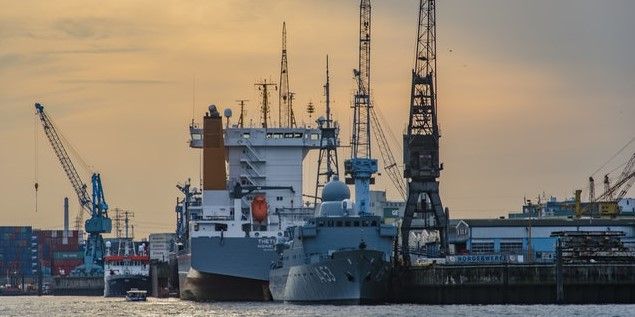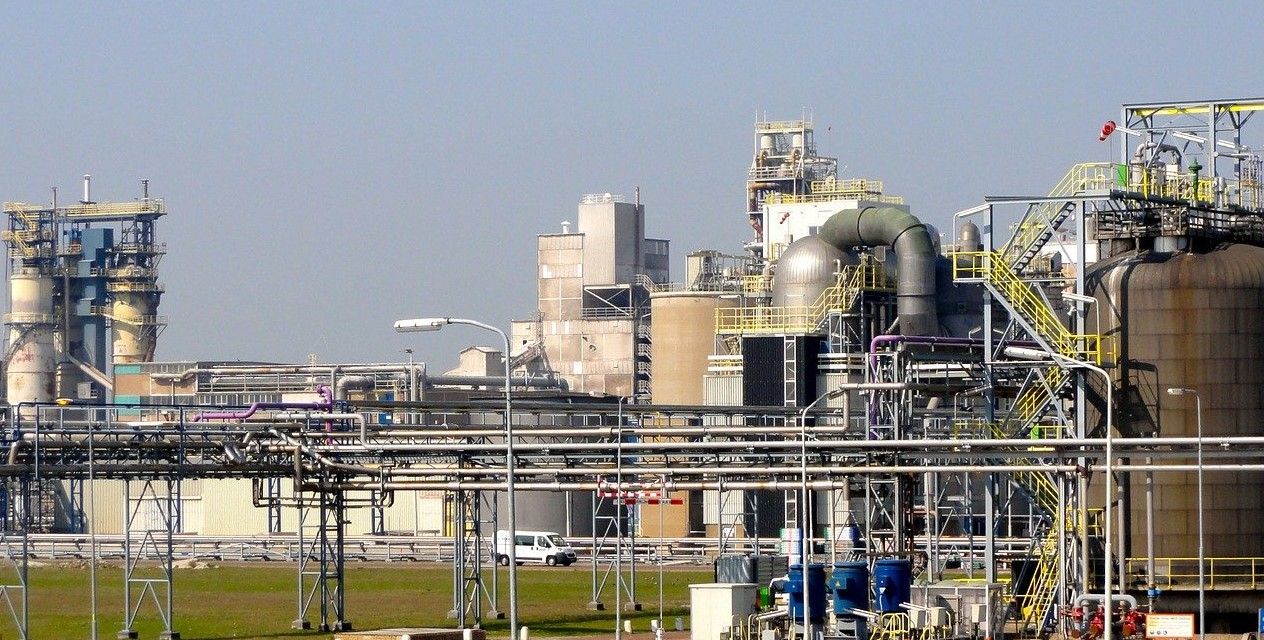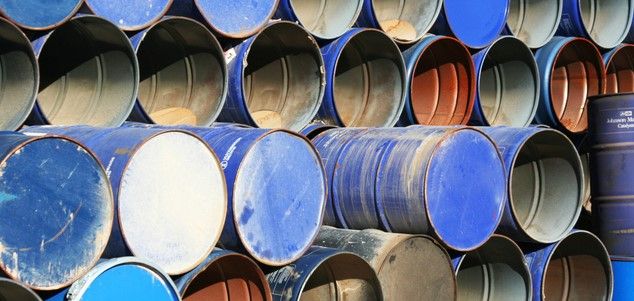With the UK leaving the EU’s single market and customs union in less than a month, there are great fears across the chemical industry that companies will have too much to handle. This is because chemical producers are facing not only the COVID pandemic, possible import and export tariffs, increased red-tape, and the recent publication of the EU’s Chemicals Strategy for Sustainability, but also the UK chemical sectors likely withdrawal from REACH.
This is the second of a two-part analysis of how Brexit and the EU's Chemical Strategy for Sustainability will impact chemical companies. Read: The EU Chemical Strategy and Brexit: A Perfect Storm? Part 1
It is something which Marco Mensink, director-general of Cefic, the European Chemical Industry Council has called a ‘double whammy’.

“There will be a duplication in the system of Europe Reach into UK Reach,” said Mensink in a recent interview with the Financial Times, “double registration, double data, double the cost.” Not just for UK chemical companies exporting, but for those on the continent as well.
For a large part, this will mean smaller chemical businesses maintaining staff in offices inside the EU, and possibly vice versa. A cost that few can afford.
“We think there’s a key challenge with the smaller chemicals companies in the UK having registration on mainland Europe,” he explained, “which means we’re going to see chemicals missing in several value chains.”

Are chemical companies prepared for the changes in Europe?
One of the greatest concerns from chemical industry chiefs is the unpreparedness of many of the smaller companies.
In a recent internal survey of BASF customers, the German chemical conglomerate found that few were ready for the changes.
“A distinct proportion of the industry is now running to catch up with the uncertainty of where we are at,” explained Geoff Mackey, BASF’s director of corporate affairs. “And part of the problem is that we don’t know if we have to run 200 metres or three miles.”

For example, Steve Elliott, head of the UK’s Chemical Industries Association, believes that unless a deal to ease cross border trade can be done before the end of the year, that chemical jobs in Britain will be lost. This could be especially hard-hitting, as UK chemical industry production is highest in the North of England, where it provides some of the highest paying jobs in areas that are otherwise struggling. It is this work that is pumping vital investment and wages into local economies.
While he acknowledges that the UK government has extended the deadline for chemical products to be registered into the UK version of REACH from two years to six, he is quick to point out that this merely spreads out the bureaucratic cost, it does not remove it.
“I am concerned that the cumulative, negative impact of these priorities under a WTO outcome will make life much tougher for chemical businesses across the UK, the majority of which are foreign-headquartered,” he said. “We are the UK’s number one manufacturing exporter. We need that deal.”
It is for this reason that so many are amazed that the EU’s Chemicals Strategy for Sustainability does not even mention Brexit and its impact on the industry, despite it providing more than €40 billion of trade between the two sides. Something which Mensink called ‘incomprehensible’.

The chemicals industry and Brexit is in fact a simple problem with no easy solution.
The European chemical industry supply chain, both inside and outside of the EU, if fully integrated.
A chemical raw material made in Italy is sent to Germany for further processing, before being sent to the UK for mixing with chemicals sent from France and the Netherlands, before it is sent to Spain to be packaged ready for selling, perhaps as washing powder, in the Portuguese market.
The EU and the single market were established to streamline that cross-border supply chain so that raw materials and goods can move freely.
Come January 1st bureaucracy and tariffs may be added to the system. Over time, this may lead to the UK chemicals sector being excluded from the supply chain as the costs of importing and exporting chemicals to and from British chemical companies may make them uncompetitive.

As analysts at HFL Consulting, make clear, “The UK and European chemical sector cumulate value as a product finishes development. For economic purposes, the UK’s input is always viewed as one that is integrated with the European Union. This means that until trading standards are discussed, and the UK and EU have reached an agreement, it is unknown whether UK supplies are stripped from the European supply chain.”
While all chemical companies across the continent will be hurt if trade barriers go up, those in Britain are certain to be hit worse.
As the report understates, “The UK chemical sector produces around £50 billion worth of exports annually, and 60% of this goes directly to the European Union. 75% of UK chemical imports also come from the EU, making Brexit a critical time for the sector.”
Photo credit: freestocks.org from Pexels, Habib Ayoade on Unsplash, Pete Linforth from Pixabay, Pexels, mali maeder from Pexels, Call Me Fred on Unsplash, David Mark from Pixabay, Keith Beard from FreeImages & Laci Döme from Pixabay